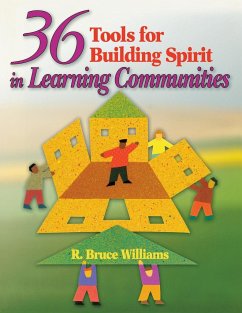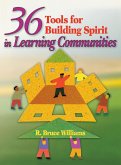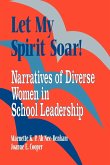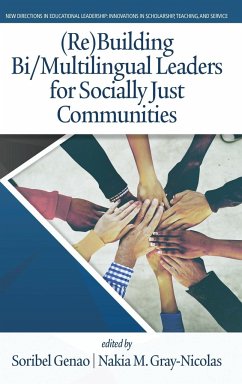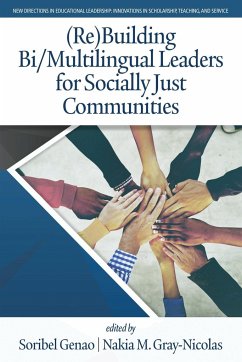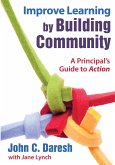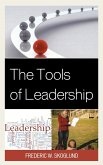Even before the No Child Left Behind Act, there was much discouragement about educational institutions. Now, with a focus on high-level accountability, the mood in schools has dropped even further. Many schools are overcrowded and face the task of educating students from varied and sometimes broken environments. Test scores often stay low in spite of great effort expended to improve them. Many teachers are in desperate need of retooling. All of this can combine to produce a bleak atmosphere of failure. In the midst of improving curriculum, instruction, and assessment--and while working hard to improve students' test scores--attention needs to be spent on nurturing the human spirit so that this challenging task can continue with hope and confidence. This resource helps educators learn successful ways to respond to today's increasing diversity among both student body and faculty. The author looks at what school leaders must do to invigorate and sustain the spirits of members of their learning communities as they drive toward achieving demanding goals. Practical tools and strategies in every chapter help speed the translation from theory to practice, and planning templates and completed samples offer essential elements needed for change.
Hinweis: Dieser Artikel kann nur an eine deutsche Lieferadresse ausgeliefert werden.
Hinweis: Dieser Artikel kann nur an eine deutsche Lieferadresse ausgeliefert werden.

